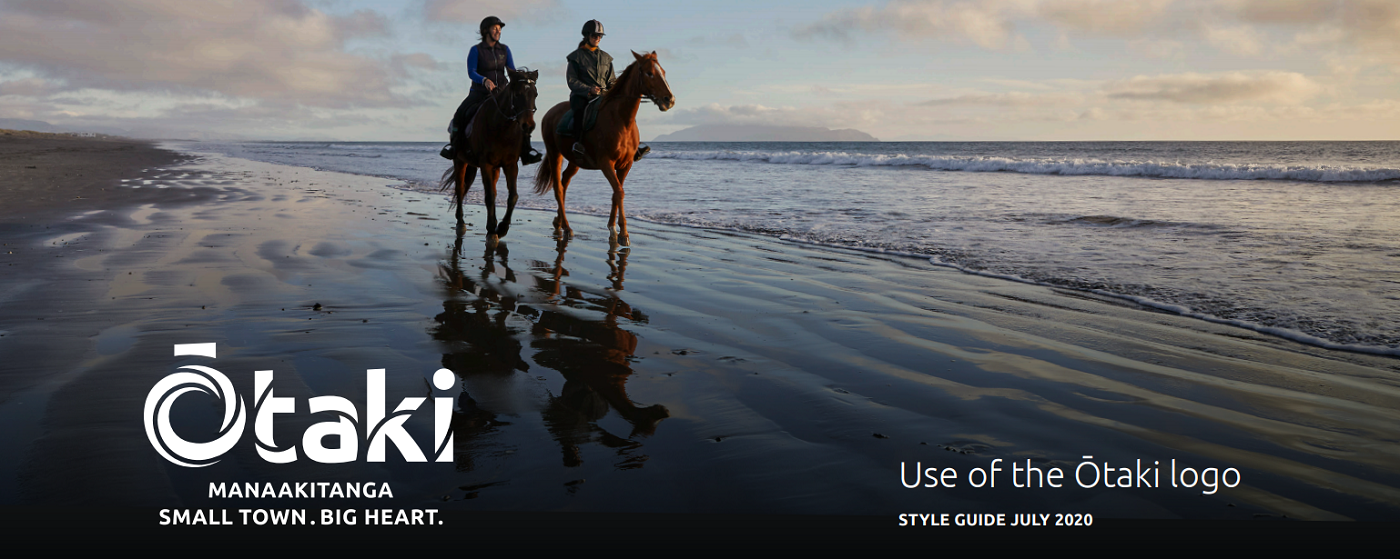
IN NATURE: Enviroschools co-ordinator Amanda Dobson with primary and preschool teachers and administrators in the Haruātai bush. PHOTO: Ian Carson
In a secluded spot under a kahikatea tree in the Haruātai bush, tamariki from Ōtaki Montessori Preschool find magic.
Every Monday when the weather’s good, the children and teachers take an excited, chattery walk into the surrounding bush from the preschool that sits at Haruātai Park. Tui and other native birds flit among the trees, the air is fresh, the trees tall and magnificent.
The kahikatea has become a magnet for the preschool, not just because it’s a calming and pleasant way for children to enjoy their local environment, but also because of the engagement with nature and the learning involved.
The children have adopted their little area of paradise, and with the blessing of Greater Wellington Regional Council, have cleared it of weeds. It’s here they learn first-hand about how trees and plants grow, and how the birdlife interacts with the bush.
The preschool is being assisted by the nationwide Enviroschools network, through which early childhood centres and schools commit to a long-term sustainability journey. Tamariki and students connect with and explore the environment, then plan, design and take action in their local places in collaboration with their communities.
On November 5, Enviroschools facilitator Amanda Dobson and Te Atawhai Kumar of Te Aho Tū Roa joined 20 teachers and administrators of the Montessori preschool and six other primary and preschools from throughout Kāpiti to venture into the Haruātai bush.
They found seeds and learnt about propogation, and gathered forest-floor leaves to make a biodome. Te Atawhai spoke about the importance of the locality and its history from a tangata whenua perspective.
The Enviroschools kaupapa is aimed at creating a healthy, peaceful, sustainable world through teaching and learning together. It’s embodied in five guiding principles:
Empowered Students are enabled to participate in meaningful ways in the life of their early childhood centre or school, and they are supported to take action for change.
Learning for Sustainability recognises the types of teaching and learning that use connecting experiences to develop holistic and ecological perspectives, foster student enquiry, decision-making, action and reflection, and create sustainable outcomes.
Māori Perspectives honours the status of tangata whenua in this land and the value of indigenous knowledge and wisdoms.
Respect for the Diversity of People and Cultures acknowledges the unique gifts, contributions and perspectives of individuals and groups.
Sustainable Communities act in ways that nurture people and nature to maintain the health and viability of our environment, society, culture and economy.
LATEST POSTS
- Who was our first knight?
- Smart jobs - Gazing at the stars, or aiming for the stars
- Carl Lutz – farmer who loved the land, and Fordsons
- Arthur saw nature ‘with eyes of admiration’
- Ōtaki abuzz with film festival - Ōtaki Today
- Hall helps to connect and build community
- Plenty of help organisations in times of need
- Di’s QSM for services to community and environment
- Rewi’s story one of adversity in old Ōtaki
- Urban designer poses critical question - What’s the plan for Ōtaki?
- New road evokes memories of apples and steam trains
- A slick and shiny surface signals a ready expressway – almost
- Black ferns 10, NZ Rugby 0 – no contest!
- Let’s think outside the box to solve town’s problems
- A full life for proud dad Sam Doyle
- Helping navigate the crossroads of people’s lives
- Ōtaki could be even greater, if by design
- Sad day for Ōtaki
- White tui takes over in Te Horo tree
- Trust is the price we pay to stop our people dying

